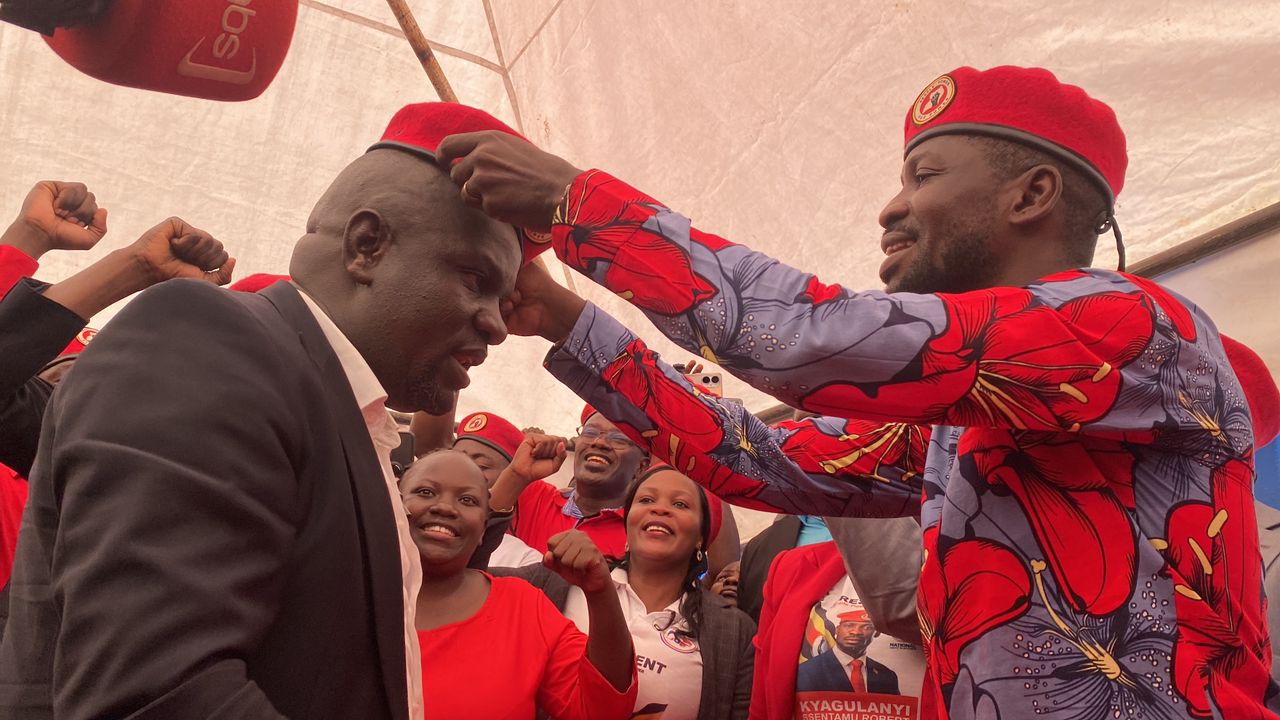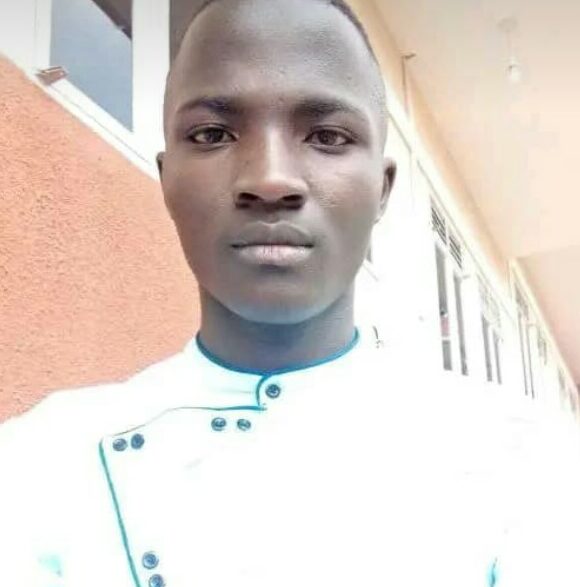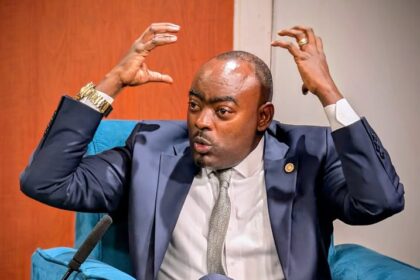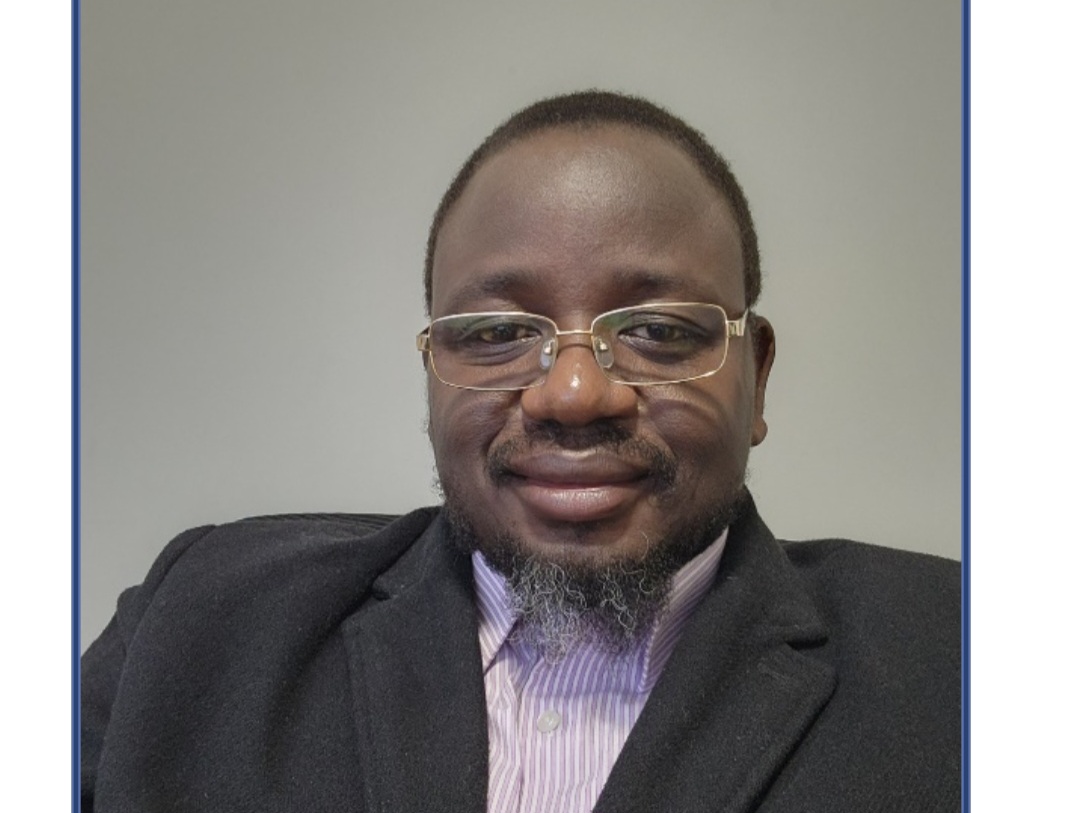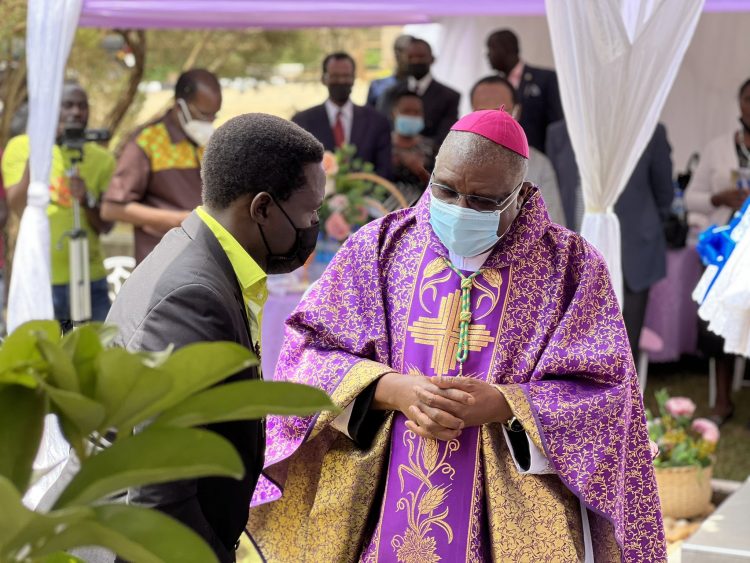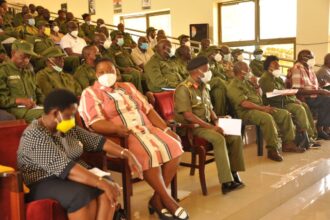On Friday, it was all joy as the executive members of the opposition party National Unity Platform (NUP) welcomed the former Jinja East Member of Parliament Paul Mwiru as their new party member.
Mwiru joined NUP after dumping the Alliance for National Transformation (Ant), a political party under the leadership of Maj Gen (Rtd) Mugisha Muntu. However, prior to joining ANT, Mwiru crossed from Forum for Democratic Change (FDC).
As research shows that changing political parties can have both advantages and disadvantages for a politician, in this article, I will focus mostly on reasons why repetitive changing of political parties is not good for a politician especially someone at the level of Paul Mwiru. Some of the challenges Mwiru is likely to face include;
Loss of Trust and Credibility; When a politician switches parties, it can lead to a perception of opportunism or lack of core principles. In the case of Mwiru, his Jinja East voters may view his move to NUP as a calculated decision to advance his personal interests rather than a commitment to a specific ideology or constituency. This can erode trust and credibility, making it harder for him to gain trust he hard from his usual base. Also it might be hard for him to gain new supporters.
Alienation of Party Members: Party loyalty is an important aspect of politics, and for the case of NUP loyalty supersedes, sources within the party tell that it’s a party with no decenters, what the leader says is final! No challengers, secondly top leader/principal is seen as a demi-god. Therefore moving from ANT to NUP in a short period will automatically create animosity among former party members and supporters who may feel betrayed or abandoned. This can lead to isolation within the new party, making it challenging to build strong alliances and effectively work within the party’s structure.
Inconsistency in Policy Positions: Changing parties often entails adopting new policy positions that align with the new party’s platform. This can lead to accusations of inconsistency or flip-flopping on important issues. Voters may question Mwiru’s sincerity and ability to make principled decisions, which can undermine their reputation and electability.
Difficulty in Primary Elections: So far, we are remaining with 2 and half years to resume political campaigns which will start with party primaries elections to select their candidates for general elections. This means Mwiru is going to face the former NUP representative who has been working tirelessly for the next term to contest again.
In simple terms, Mwiru will have to compete against a now well-established Mugaya Paul Geraldson who lost in the last election and has been on the ground since 2021 campaigning as NUP’s next candidate in Jinja City come 2026. This will be a competitive and challenging process, although the top leadership may like him but it may be difficult for him to gain the necessary support and recognition within the party to secure the nomination.
However, in some cases, Mwiru’s changing of political parties may somehow increase his support and re-election prospects since NUP’s Presidential candidate Robert Kyagulanyi in the last election won National Resistance Movement’s candidate Gen Museveni in Jinja city.
In the last general elections in Jinja City out of six electroactive positions, NUP won three, FDC two and NRM one, this can also be an added advantage to Mwiru if at all he wins primaries.
Do you have a story in your community or an opinion to share with us: Email us at Submit an Article



